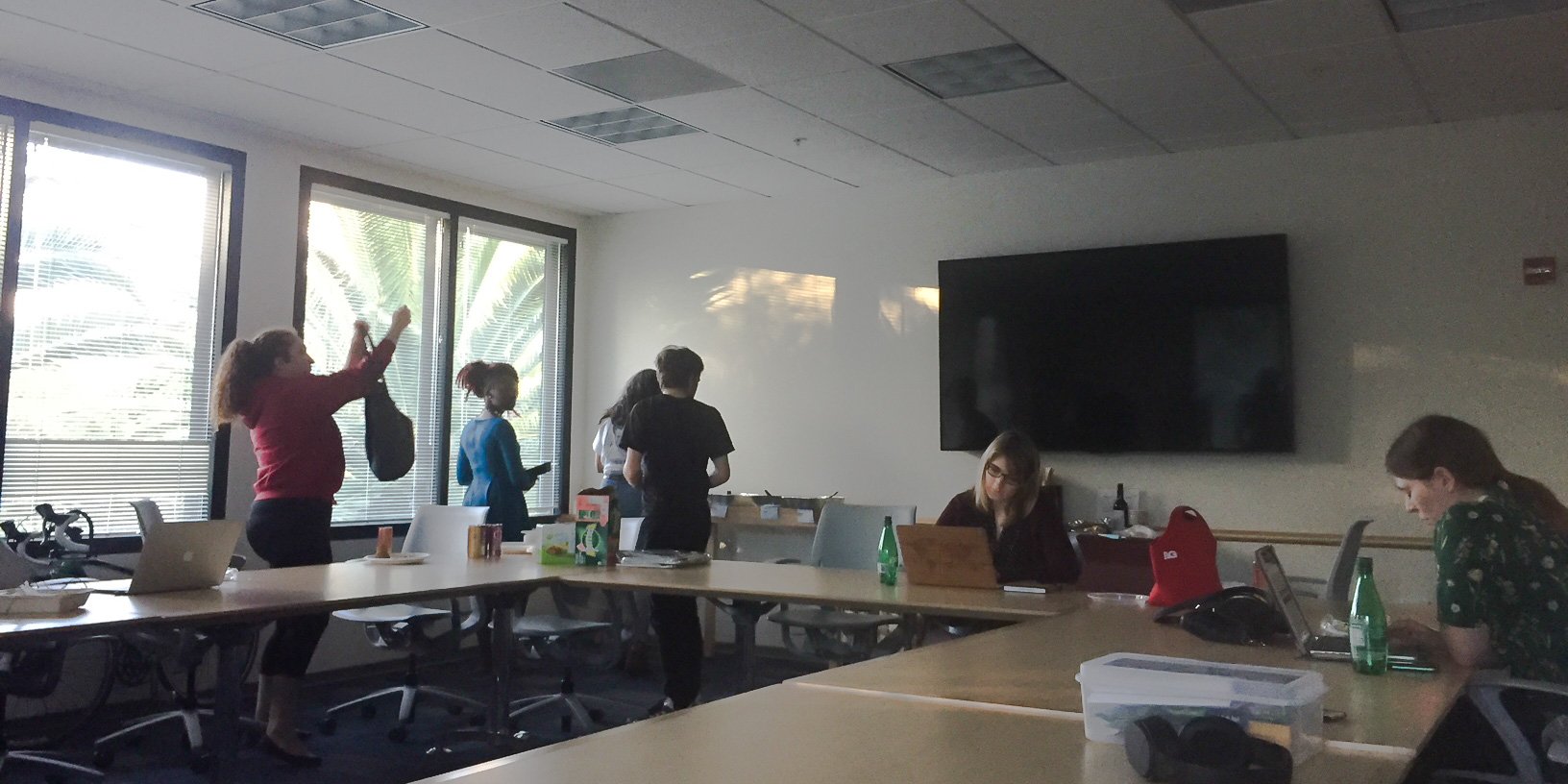The Graduate Student Council (GSC) discussed two resolutions, one addressing the mental health crisis and the other seeking to tear down systemic barriers to course enrollment fees, at its meeting on Wednesday. The Council also welcomed representatives from Residential & Dining Enterprises (R&DE) to discuss graduate housing affordability and the first steps of phasing out subsidized off-campus housing.
During open session, the Council discussed the upcoming #StanfordToo event, a conversation regarding sexual harassment in academic spaces.
Mental health resolution
A resolution submitted by Council co-chair and fifth-year cancer biology Ph.D. candidate Amy Tarangelo signed into action a recent report created by the GSC Working Group on Mental Health and Wellness. The report addresses the ongoing mental health crisis graduate students face, which stems from academic structural problems and a lack of funding and resources for Stanford’s Counseling and Psychological Services (CAPS). The resolution would certify the GSC’s report.
Tarangelo stated that she hopes to “instill institutional change through this bill.”
The bill’s key requests to the University are to increase long-term therapy opportunities at CAPS, increase funding for CAPS to hire additional counselors of diverse backgrounds and create a database to help students find off-campus mental health providers. The Council stressed the importance of maintaining positive relations with CAPS, citing the crisis as the result of underfunding rather than any culpability on the part of CAPS as an institution.
“CAPS are our allies,” and thus, “people at CAPS can’t be pushed too hard,” Tarangelo said.
The GSC is in continuous conversation with administration at CAPS and will continue to push for the health and happiness of Stanford students. The bill passed unanimously, and will be sent to graduate students before being presented to the University.
The resolution was on prior notice and will be voted on at the GSC’s next meeting.
Course fee affordability
The GSC addressed the issue of course fee accessibility by passing a bill to create the Associated Students of Stanford University (ASSU) Joint Legislative Committee on Course Enrollment Equity. The bill identifies high course enrollment fees as deterrents for First-Generation Low-Income (FLI) students, especially in regard to athletic and arts subjects. It was introduced on behalf of Jeff Rodriguez ’20, director of First Generation and/or Low Income (FLIP) Community Outreach for the ASSU, by Tarangelo.
“Course fees can affect what classes students want to take,” Tarangelo said.
The bill, which also passed unanimously, tasked the committee with, “investigating and addressing systemic cost barriers to course enrollment.” Rodriguez hopes course fees will eventually be eliminated at Stanford.
Specifically, the bill suggested that the newly-formed committee collect statistics to determine the scope of affected students, reductions of material costs and emphasized the importance of cross-campus coordination between the ASSU, GSC and the executive committee.
Off-campus housing
R&DE Stanford Dining executive director Eric Montel and senior director of student housing operations Imogen Hinds provided updates on upcoming changes to off-campus living opportunities for graduate students, emphasizing the importance of good communication with current students regarding the situation.
The off-campus subsidized housing program will be phased out when construction of the Escondido Village Graduate Residences is completed, which R&DE projects to be in fall 2020. The GSC discussed the possibility of establishing a commission for communication to facilitate the logistics of the transition, in order to ensure students renewing or applying for such housing are aware of the timeline.
The Council hopes to implement a robust communication plan that extends beyond the current emailing system.
“Word has to spread,” said Social Committee co-chair Gabby Badica.
Besides changes to off-campus housing, the graduate housing lottery is functioning effectively, reported a representative from R&DE.
Other Council proceedings
During open session, the co-chairs offered updates for the affordability concerns, including the provision of Cardinal Care for dependants, housing pricing and a GSC taskforce to tackle these concerns. The Affordability councilors have liaised with various sites on campus, including the School of Education and School of Engineering, and will continue to accept feedback and suggestions until the end of August.
In advocacy updates, Parliamentarian Ana Tarano provided updates on the upcoming #StanfordToo event on April 19. The conference, hosted by the Diversity and Advocacy Committee, hopes to draw attention to instances of sexual assault and harassment within academia, and elucidate problems of gender equity at Stanford.
This article has been corrected to reflect that the GSC did not pass the resolution to certify their report from its mental health working group, but instead to vote on it at the Council’s next meeting. It was also corrected to more accurately reflect the content of the report. The Daily regrets these errors.
Contact Brooke Beyer at bbeyer ‘at’ stanford.edu.
